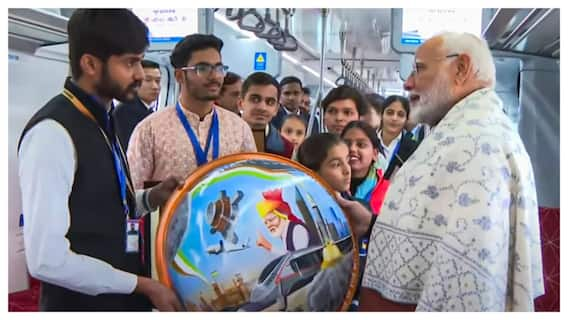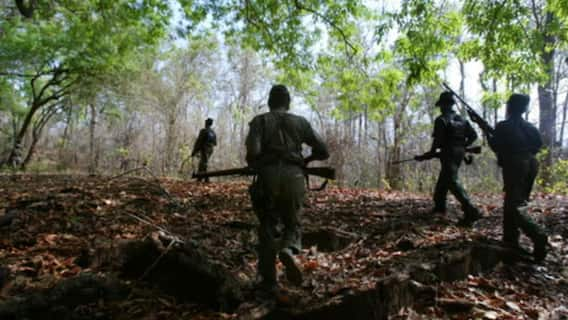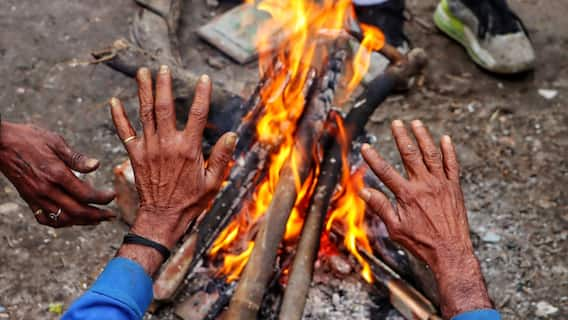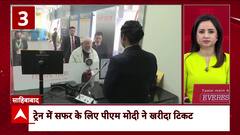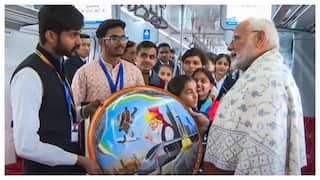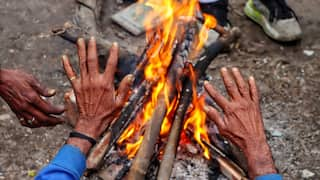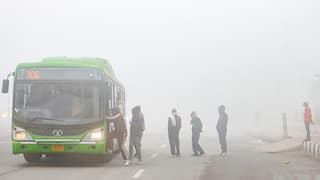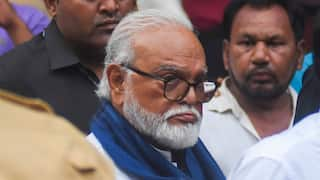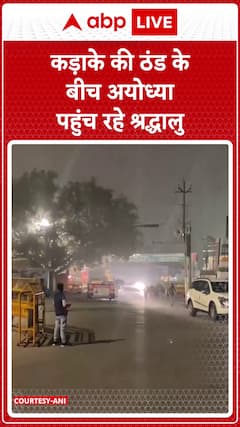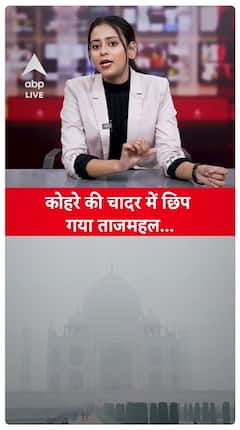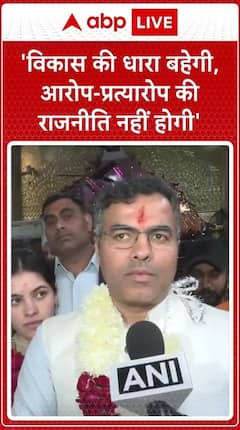Iran Presidential Election Winner: Reformist Masoud Pezeshkian Defeats Hardline Conservative Saeed Jalili
Iran Presidential Election Winner: Reformist candidate Masoud Pezeshkian won Iran's presidential election with 53.3% of the vote, defeating hardline conservative Saeed Jalili.

Iran Presidential Election Winner: Reformist candidate Masoud Pezeshkian has won the Iran presidential election, defeating the hardline conservative contender, Saeed Jalili. Pezeshkian emerged victorious with 53.3% of the over 30 million votes cast, while Jalili received 44.3%, reported British media website BBC.
The election went on to a second round as no candidate got a clear majority in the initial vote on June 28, which saw a record-low turnout of 40%. The election was held following the death of former Iran President Ebrahim Raisi in a helicopter crash in May. The crash claimed the lives of seven others as well.
Even before the interior ministry's official announcement of the results, Pezeshkian's supporters poured on to the streets of Tehran and other cities to celebrate his imminent win. Social media videos showcased young people dancing and waving the green flags of his campaign, with passing cars honking in support.
It's past 3am in Iran, yet news of reformist Pezeshkian's victory have sparked spontaneous street celebrations across various cities.
— Sina Toossi (@SinaToossi) July 5, 2024
This scene is from Kudasht in western Iran👇 pic.twitter.com/6C4CRj5QFo
A former heart surgeon, Pezeshkian criticised Iran’s morality police and stirred public interest by pledging "unity and cohesion" and ending Iran's global "isolation." He is also a strong supporter of "constructive negotiations" with Western nations to revive the 2015 nuclear deal, under which Iran had agreed to limit its nuclear activities in exchange for relaxations in Western sanctions.
On the other hand, former nuclear negotiator Saeed Jalili has been a supporter of maintaining the status quo. He enjoys significant backing from Iran’s religious communities. Known for his hardline anti-Western stance, Jalili opposes the renewal of the nuclear deal, citing it crossed Iran’s "red lines."
Voter turnout in the latest round was 50%, higher than the first round’s historically low turnout. Despite this, discontent led many to boycott the elections, frustrated by a lack of diverse candidates and the supreme leader's tight control over policies.
Some non-voters from the first round chose to support Pezeshkian to prevent Jalili's presidency, fearing it would lead to further international confrontation and increased sanctions.
PM Narendra Modi Congratulates Iranian Prez Pezeshkian, Says Looking Forward To 'Strengthen' Iran-India Relationship
PM Narendra Modi congratulated Pezeshkian for winning the election. He said, "Congratulations @drpezeshkian on your election as the President of the Islamic Republic of Iran. Looking forward to working closely with you to further strengthen our warm and long-standing bilateral relationship for the benefit of our peoples and the region."
Congratulations @drpezeshkian on your election as the President of the Islamic Republic of Iran. Looking forward to working closely with you to further strengthen our warm and long-standing bilateral relationship for the benefit of our peoples and the region.
— Narendra Modi (@narendramodi) July 6, 2024
Both candidates had to pass a vetting process by the Guardian Council, a 12-member body of clerics and jurists with significant influence in Iran. This process eliminated 74 other candidates, including several women, and has been criticized for disqualifying those not sufficiently loyal to the regime.
READ ON ABP LIVE | Masoud Pezeshkian — Iran's President-Elect Is Its Hope For Easing Western Sanctions
Following years of civil unrest and significant protests in 2022-23, many young and middle-class Iranians distrust the establishment and have previously abstained from voting. On social media, the Persian hashtag "traitorous minority" has called for boycotting the election and labelled voters as "traitors", reported BBC.
Supreme Leader Ayatollah Ali Khamenei dismissed claims that the low turnout signifies rejection of his rule, suggesting that various factors influenced the turnout. BBC reported he acknowledged that some Iranians oppose the current regime but insisted their voices are heard.
Trending News
Top Headlines








